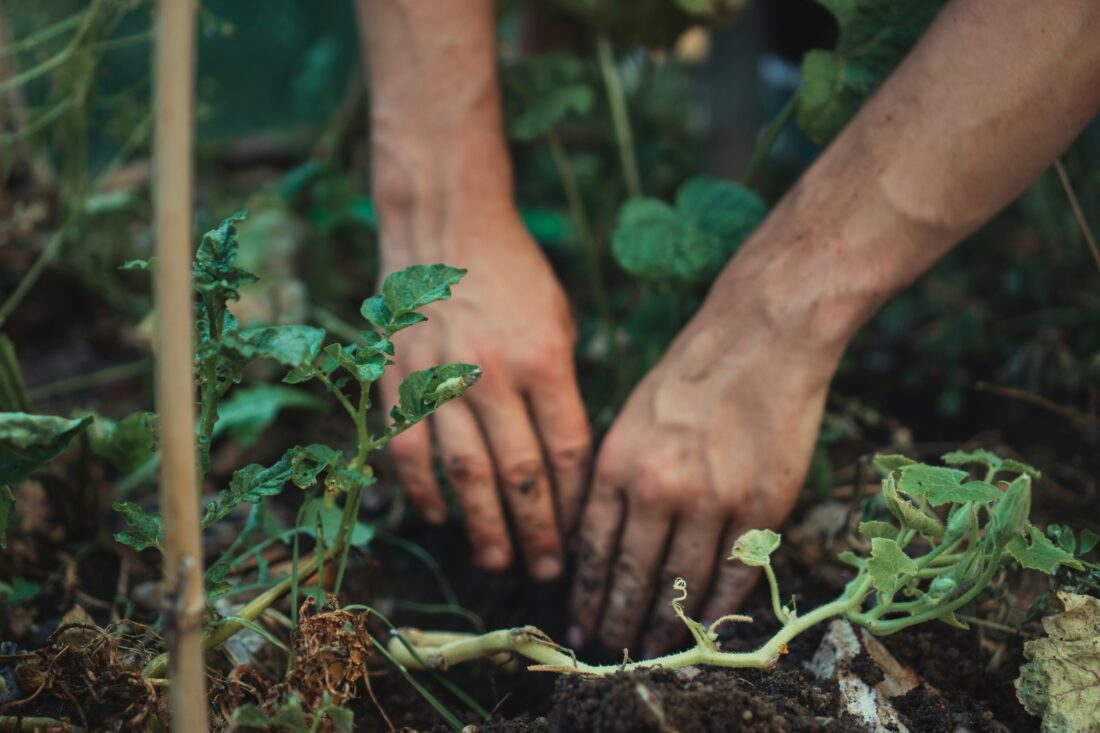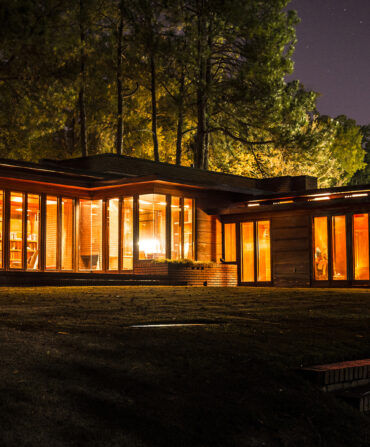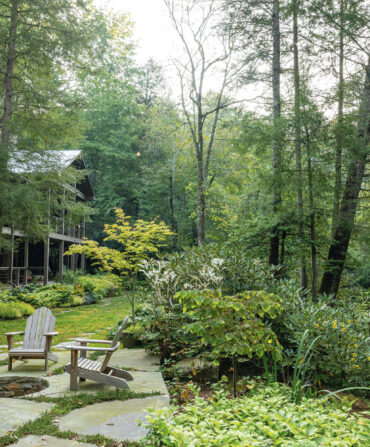Candy-colored tulips and fragrant hyacinths aren’t the only things emerging at Cheekwood Estate & Gardens this early spring. Earlier this month, the fifty-five-acre botanical garden and art museum just southwest of downtown Nashville debuted the Cheekwood Gardening School, a series of seasonally focused horticulture classes open to the public. After a kickoff lesson on, fittingly, how to build better soil, subsequent spring classes delve into timely topics such as roses, container gardening, and native plants. (See the below list for more info on that last one.)
“We’ve offered some hands-on workshops in the past, but not a program that really helps people improve their overall skills and knowledge,” says Nathalie Lavine, Cheekwood’s vice president of education and outreach. “We want to be the place where anyone in Nashville comes when they want to learn. You may not be a master gardener yet, but we can be the first stop for that level of information.”
Cheekwood joins other Southern botanical gardens that bustle with activity in the spring, inviting members and non-members alike to work the soil alongside the true experts who tend to congregate at such places. (Atlanta Botanical Garden’s spring classes are so popular that most are already sold out.) Participants often leave with a little something to plant at home and enough inspiration to fill a wheelbarrow. After all, there’s something to be said for leveling up your skills amid the splendors of a top-tier garden.
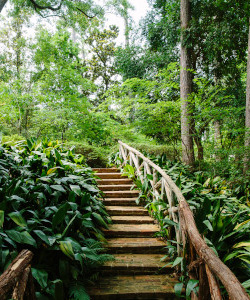
Birmingham
Situated in the heart of the city since 1962, Birmingham Botanical Gardens comprises sixty-seven acres of spaces that reflect the region’s rich biodiversity and showcase plants that thrive in Southern gardens. A highlight is the stately glass conservatory, inside which you can wander among lush tropical flora and even a citrus grove.
Homegrown Tomatoes (March 14): A Southern vegetable garden without tomatoes is as unthinkable as the cultivation of them is unpredictable. Extension agent and all-around tomato guru Chip East shares the nuances of growing and caring for the beloved fruits. Come with your questions about heirlooms, pests, and blights. Leave with your own small tomato plant to transport home and hopefully keep alive. ($30 members, $37.50 non-members)
Crestwood, Kentucky
Begun as a farmstead and nursery in 1941, Yew Dell was purchased by a community volunteer group and officially preserved as a botanical garden in 2002. Owing to history, Yew Dell still features a retail nursery along with gardens of varying formality, woodland trails, and historic structures that include a fetching stone castle.
Seed Starting (March 16): Yew Dell’s nursery and greenhouse manager, Jeff Margreiter, leads a dirty-fingernails workshop all about the improbable miracle of turning tiny seeds into big, beautiful plants. Participants will learn about germination soil, sowing depth, and sunlight requirements. After planting seeds and transplanting seedlings, they’ll take home those transplants as well as a reusable seed flat. ($60 members, $70 non-members)
Dallas Arboretum and Botanical Garden
Dallas
No less than Martha Stewart declared Dallas Arboretum one of the world’s most beautiful botanical gardens. Non-celebrity visitors tend to agree as they wander manicured, super-colorful gardens that pop with five hundred thousand spring-blooming bulbs. The eight-acre Children’s Adventure Garden is a marvel unto itself, complete with a maze and a tree-canopy walkway.
Insects in Your Garden: Good or Bad? (March 29): To squish or not to squish? Master gardener Judy Meagher knows, and she helps others recognize common creepy crawlies as friend or foe. Just try to not get too distracted by the charm of the workshop’s A Tasteful Place venue, a pavilion, kitchen, and garden inspired by the movement toward growing fresh, sustainable food. (Workshop included with membership or general admission.)
Nashville
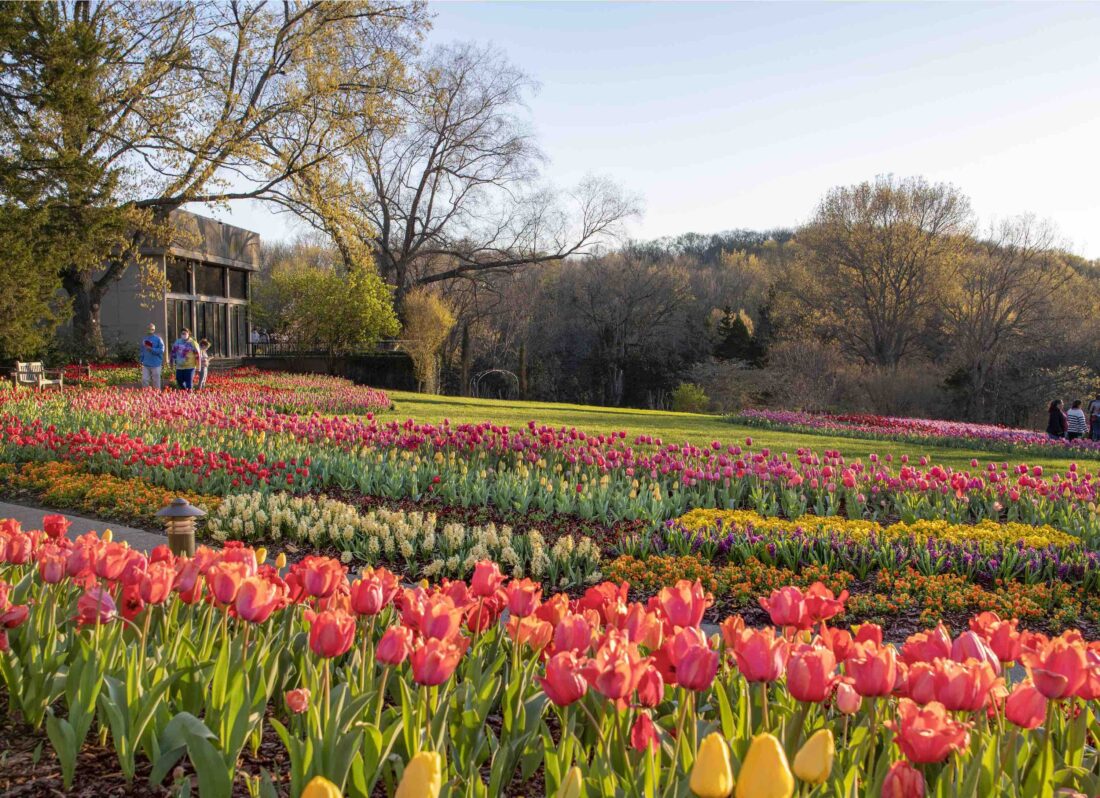
The property’s original, Tennessee limestone–clad “country house” mansion now displays an impressive collection of paintings, sculptures, and other artworks. So, after class, brush off the dirt and have a gander. If there’s another place in the world where one can see a formal Japanese garden and an Andy Warhol portrait of Lillian Carter, we haven’t found it.
Gardening with Native Plants (April 6): The sustainability movement has put renewed focus on the importance of landscaping with plants native to the local ecosystem. Cheekwood plant collections manager Sage McLain is steeped in that knowledge and demonstrates the many environmental benefits of native plants, including preventing erosion and supporting native pollinators. ($32 members, $40 non-members)
Richmond
Often placed on lists of the country’s best botanical gardens, Ginter fills its eighty-two acres with fifteen themed gardens, four picture-perfect lakes, and a domed conservatory. Like garden books? Check out the seven-thousand-title on-site library, complete with research assistance. Thus inspired, guests can even “borrow” from a recently established seed library.
Plant Propagation (April 24): It’s time to put that green thumb to the test. Landscape designer Beth Farmer imparts the principles and skills needed for plant propagation, including cuttings, division, stratification, and germination. Participants will work hands-on to apply those procedures to different species and, by the end of the course, will be able to reproduce plants on their own. ($65 members, $78 non-members)


